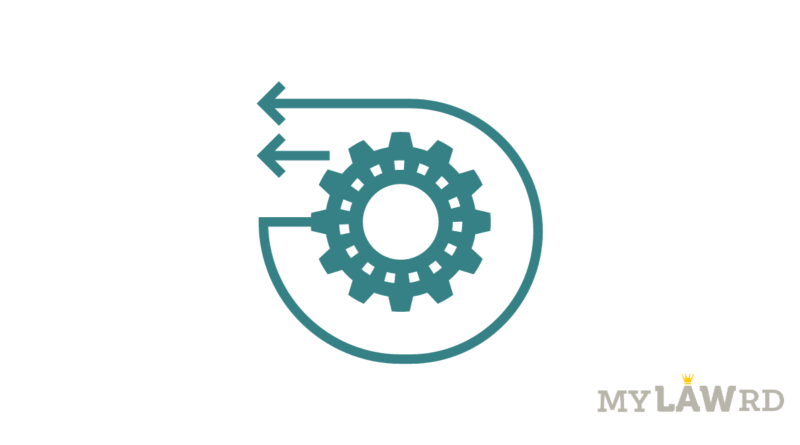DMCA now has exemptions for circumventing Smart TV, Fire Stick, & more
The United States Copyright Office and Librarian of Congress have introduced new exemptions to the Digital Millennium Copyright Act (DMCA). The new exemptions provide additional freedoms including jailbreaking streaming video devices like Apple TV, routers, circumvention to identify violations of open-source licensing terms, and even independent repair of consumer electronics.
The Copyright Office and the Librarian took the decision in its eighth triennial proceeding. The DMCA requires them to consider the public’s requests for exemptions every three years.
What is Circumvention?
Circumvention, in simple terms, means to descramble/ disassemble, bypass, remove, deactivate/ impair a technological measure that protects a copyrighted work.
Section 1201(a)(1) of the DMCA provides that no person shall circumvent a technological measure that controls access to a protected work. Hence, any person could circumvent only with the authority of the copyright owner.
The Librarian has determined that certain prohibitions shall not apply to persons who engage in “non-infringing uses” of several classes of copyrighted works.
Motion pictures from DVD/ Blu-ray
Any person can circumvent protections on DVD (Content Scramble System) and Blu-ray (Advanced Access Control System) if he reasonably believes that non-circumventing alternatives are unable to produce the required level of high-quality content.
A person can also use screen-capture technology. However, a person can resort to such circumvention to make use of short portions of the motion pictures only for the purpose of criticism or comment:
- in documentary/ filmmaking for its biographical or historically significant nature;
- use in noncommercial videos;
- for use in nonfictional multimedia e-books
The exemption is also available for educational purposes, for use by:
- educational institutions or students;
- faculty of accredited nonprofit educational institutions to offer Massive Open Online Courses;
- film studies or courses requiring close analysis
However, such exemption lays out a condition that the MOOC provider shall limit the transmission to officially enrolled students by laying down copyright policies and measures to prevent further dissemination.
The new rule also includes circumvention for disability services to add captions/ audion descriptions, shows in museums/ libraries/ etc.
Circumention of Computer Programs
Interoperability: The rules allow circumvention of computer programs (e.g. operating systems) that enable smartphones and portable mobile computing devices to enable execute software applications. They allow such circumvention solely for the purpose of enabling interoperability of applications running on such programs or to permit the removal of software from the smartphone or a device.
The rules further allow circumvention of computer programs enabling routers, smart TVs, voice assistants, personal or commercial vehicles, either for the purpose of interoperability or for diagnosis, lawful modification, and repair.
In the case of video games, circumvention is permitted to preserve the gameplay of a game that is no longer available.
Limitations to Circumvention
However, the new DMCA exemptions won’t relax manufacturing or trafficking in “products or services used to circumvent technological measures since the Librarian has no authority to adopt such exemptions.
Already exempted use cases, such as the following will continue to operate:
- “lawfully authorized investigation”;
- certain “reverse engineering” to facilitate interoperability;
- certain types of research into “encryption technology”;
- activities for the purpose of “preventing the collection or dissemination of personally identifying information”;
- activities to prevent acess of minors to material on the Internet; and
- “security testing” of computer systems, will continue to operate.
The Electronic Frontier Foundation welcomed the new exemptions but noted that:
“We previously successfully advocated for people to be able to make lawful modifications of the software that controls vehicles like cars and tractors, and this kind of user innovation has been a profoundly important driver of advances in technology. It lets communities who are not served by a technology’s default functions to customize them to their own needs, either adding new features or taking out unwanted spyware.”
You can read the full rules here.
Do subscribe to our Telegram group for more resources and discussions on tech-law & policy. To receive weekly updates, don’t forget to subscribe to our Newsletter.

